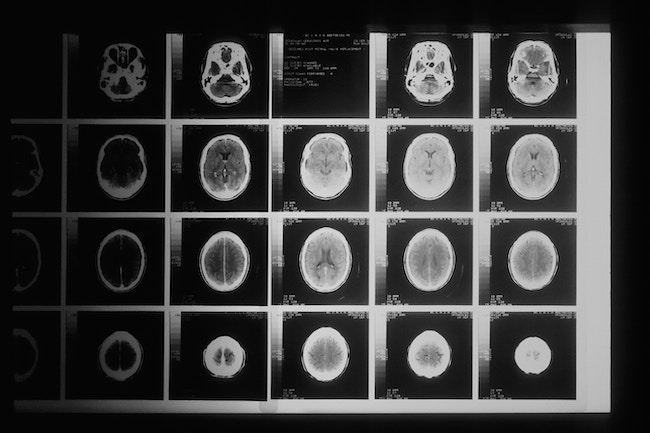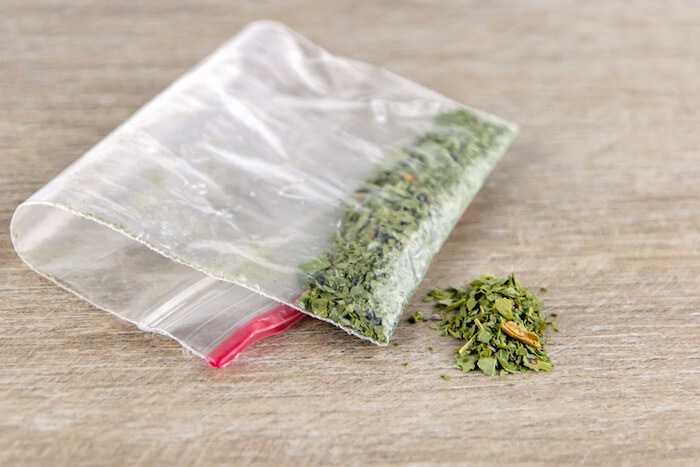Whatever method you choose to take cocaine, it enters the bloodstream and quickly reaches the brain. Once this happens, cocaine prevents the brain from reabsorbing dopamine — the “happy chemical” that produces feelings of euphoria and well-being. As a result, when dopamine levels build up due to cocaine, they are much higher than would happen naturally, producing the “high” you experience when on cocaine. In addition to altering the natural levels of dopamine, cocaine elevates cortisol, a stress hormone, which can lead to anxiety, panic disorders and aggressive behaviour.
Research also indicates that long-term use of cocaine leads to reduced functioning in the orbitofrontal cortex. This part of the brain helps to control decision-making and regulate emotions and impulsivity control. When the orbitofrontal cortex is damaged, it also decreases your ability to put aside an immediate reward for a longer-term bigger reward, referred to as delayed gratification.
Long-Term Effects of Cocaine on the Brain
When you experience pleasure, your brain remembers essential external cues. This is part of the evolutionary process and was key to survival so that our ancestors knew where to find food and water and drove them to have sex. When you take cocaine, you experience intense feelings of pleasure, so the brain then registers this as an activity you need to remember.
At the same time, the brain stores the information about where you were and who you were with so that when you are in a similar environment, the desire to take cocaine is triggered again. Often referred to as “learned behaviour”, when combined with the decrease in the functioning of the frontal cortex, you become driven to find and take cocaine over all other activities.
This is why cocaine addiction is a chronic brain disease and extremely difficult to overcome without professional help. In fact, research with animals has shown they would prioritise cocaine over food until they starved to death.
Cocaine and Ageing
Another way cocaine affects your brain is by accelerating the ageing process. As you age, grey matter naturally reduces, which can lead to memory problems, decreased cognitive ability, and has been linked to conditions like Parkinson’s disease.
One interesting study examined brain ageing in individuals who used cocaine compared with those with no history of cocaine use. The study found that the rate of the loss of grey matter doubled every year for individuals currently using cocaine — and those with a history of cocaine use. Another study found that cocaine caused autophagy in brain cells, which basically means they destroy themselves by eating themselves from the inside.
Cocaine use also increases the risk of:
- Blood clots in the brain
- Intracerebral haemorrhage (bleeding in the brain)
- Brain aneurysms
- Seizures, or long-term seizure disorders
- Psychosis and psychotic episodes (hallucinations and delusions)
- Schizophrenia
- Impaired motor function and movement disorders.
Cocaine Addiction Treatment
For addiction treatment to produce long-lasting results, it is essential to address the psychological as well as the physical aspects of addiction. Following a fast medical detox, typically lasting five days, relapse rates are high because although your body is “detoxed” from cocaine, the changes to your brain are not reversed.
For long-term abstinence following a medically assisted detox, psychological therapy is critical. Through a combination of methods, therapy can help you to retrain your thought processes, find healthier ways to cope with stress and resist triggers to use cocaine.
At Step by Step Recovery, we know how powerful psychological support is and provide a wide range of therapies during your bespoke addiction treatment plan. These include:
- Cognitive behavioural therapy (CBT)
- Relapse prevention
- Dialectical behavioural therapy (DBT)
- Psycho-educational workshops
- Music therapy.
However, residential rehab should not be viewed as a “one-off” treatment for cocaine addiction; aftercare is also required to support patients when discharged. Typically, this will involve weekly meetings to help facilitate interaction with other individuals who encourage and champion each other to continue a life of sobriety. This is why we also provide lifetime support via telephone and weekly in-house sessions at our residential rehab in Essex once you complete a 28-day residential treatment programme.
Everyone is entitled to free addiction treatment through the NHS; if you cannot afford private addiction treatment, you can use this NHS tool to find local drug treatment services.
If you are worried about yourself or a loved one, we offer free advice and help at Step by Step Recovery. To find out more about addiction treatment, complete our online assessment form or call our free phone number on 0800 170 1222.




